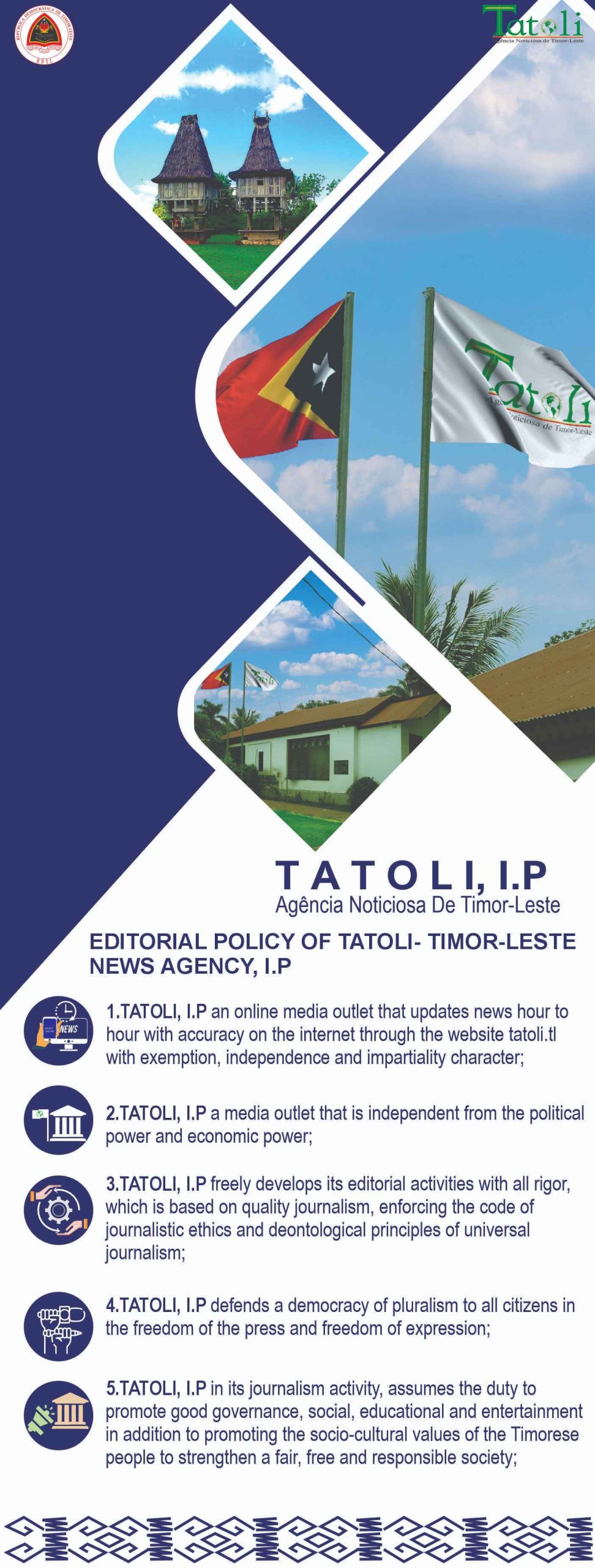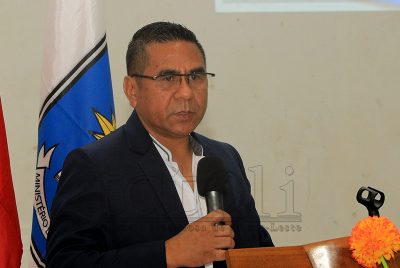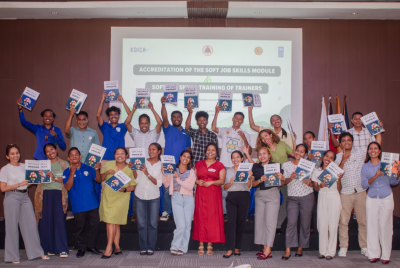DILI, 04 November 2025 (TATOLI) – The debate on Timor-Leste’s 2026 General State Budget (OJE, Acronym in Tetum) begins with general discussion, continues through specialized review, and concludes with a final global vote, all in accordance with the National Parliament’s Rules of Procedure (RPN).
Article 145 of the Constitution of the Democratic Republic of Timor-Leste (RDTL) establishes the legal foundation for the General State Budget:
Paragraph 1: The Government is responsible for drafting the budget, while the National Parliament holds the authority to approve it.
Paragraph 2: The budget law must be based on principles of efficiency and effectiveness, clearly distinguishing revenue and expenditure, and must include provisions for allocations and secret funds.
Paragraph 3: Budget execution is subject to oversight by the High Administrative, Tax and Audit Court, as well as by the National Parliament.
The proposed budget totals $2,214,689,195, allocated as follows:
- Salaries and wages: $476,870,249
- Goods and current services: $447,904,446
- Public transfers: $820,710,160
- Minor capital: $32,556,961
- Development capital: $436,647,379
Legislative Process for Budget Approval
The annual budget approval process follows a structured sequence:
- Presentation (Article 162)
The Government must present the budget proposal to Parliament by October 15 of each fiscal year. This requirement has already been fulfilled.
- Distribution (Article 163)
- Upon admission, the President of Parliament distributes the proposal to all parliamentary benches and any requesting Members of Parliament.
- The proposal is also forwarded to the Committee on Economy and Finance (now Public Finance) for a comprehensive report, and to other specialized committees for sectoral opinions.
- Committee Review (Article 164)
- Specialized permanent committees have 15 days to submit their opinions to the Committee on Economy and Finance.
- The Committee on Economy and Finance then has 20 days to produce its report and opinion.
- During this period, committees may convene meetings with Government members and request written information on budget allocations relevant to their sectors.
- Scheduling (Article 165)
After receiving the committee reports, the President of Parliament, in consultation with the Conference of Parliamentary Bench Representatives, schedules the budget proposal for plenary debate.
- General Debate and Vote (Article 166)
- The general debate lasts three days, beginning and ending with an intervention from the Prime Minister.
- Parliamentary benches and the Government may each make one intervention, limited to 10 minutes.
- No other plenary business is conducted during this debate.
- A general vote on the budget proposal follows the debate.
- Specialized Debate and Vote (Article 167)
- The specialized debate lasts up to 10 days, organized to allow discussion of each ministry’s budget, with relevant Government members participating.
- This debate also takes place in plenary.
- Final Global Vote (Article 168)
Once approved in specialized debate, the proposal is submitted for a final global vote.
- Final Drafting (Article 169)
The Committee on Economy and Finance is responsible for the final drafting of the approved decree.
TATOLI














